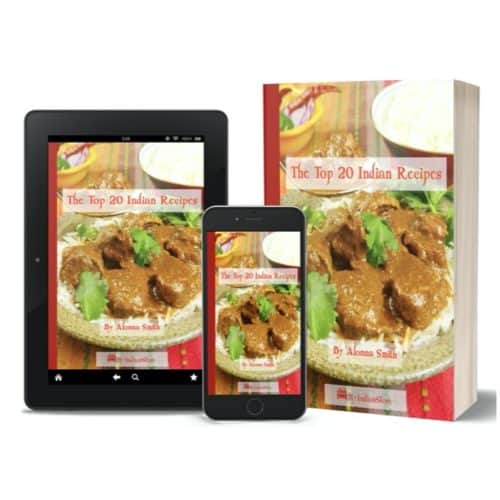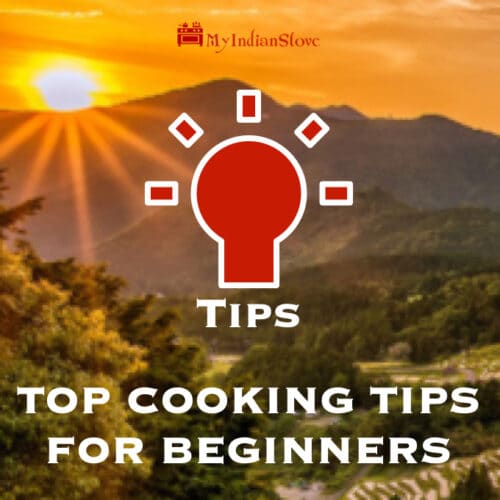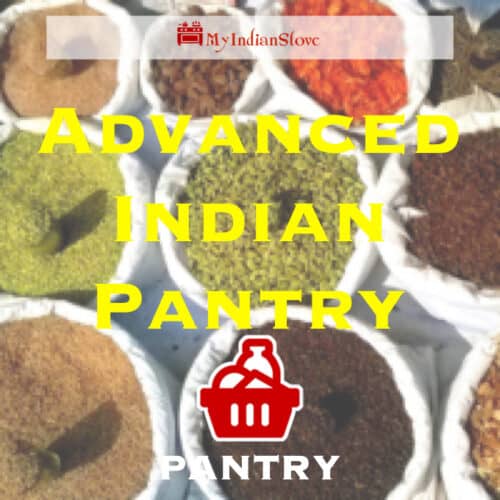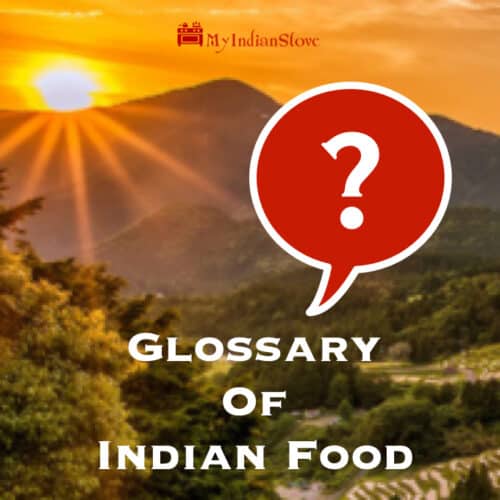
I am Specific!
When following many Indian recipes, I find that too many assumptions are made, which I avoid here on MyIndianStove:
- The volume of salt varies substantially whether you are using kosher salt versus table salt, or sea salt. I call for table salt or sea salt for all my recipes, with a few exceptions. Also, salt amounts are often expressed as “to taste, " in many Indian recipes, but I do offer a suggested beginning measurement.
- Produce used that I don’t have access to are called for. I offer alternatives.
- Measurement of tamarind? What is a small ball? The size of a pencil eraser, a golf ball? I give real measurements.
- Cooking methods requiring unusual kitchen appliances. I use commonly available equipment with few exceptions.
- How much juice is in a lemon? Indian lemons are much smaller than the lemons typically found in the United States, and are often used interchangeably with limes—I write the amounts using measuring spoons.
- Which variety of fresh green chili and dried chili substitutions to use? What substitutions work, given what is available to me? What volume is required, given size variability? I answer all these questions!
- Cooking methods are assumed. Since I don’t use a pressure cooker, what do three whistles mean? How does that translate to stovetop cooking or the Instant Pot? I’ll tell you.
- How much is one onion chopped? Depending on the size it could be half a cup or 1.5 cups. I list measurements by volume and weight.
- Ingredients are called for that are hard to find. I give information on where to find them and good brands to look for.
Most recipes, particularly ones that rely heavily on cooking skills, omit a vital ingredient: practice. The last line of all recipe instructions should read, “Repeat, until you get a feel for this, the end product shows noticeable improvement, and you experience a sense of confidence and mastery. New home cooks get so discouraged when they make mistakes or a dish doesn’t meet their expectations. Not knowing what to call it because it’s so rarely described, some people label it “failure.” And they quit cooking. . . practice is the secret sauce. It isn’t failure; it’s learning.
Joy Manning, author and host of the podcast Local Mouthful
Happy Cooking!
Alonna




